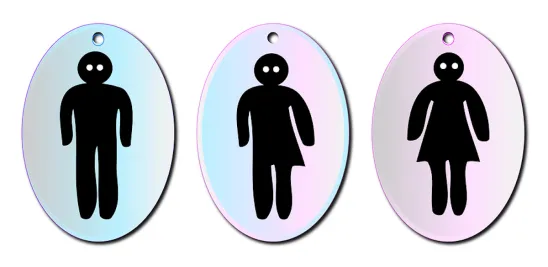On June 30, 2023, the Supreme Court of the United States declined to weigh in on whether gender dysphoria can qualify as a disability under the Americans with Disabilities Act (“ADA”), allowing to stand the Fourth Circuit’s decision in Williams v. Kincaid, which extended ADA protection to transgender people experiencing gender dysphoria.
As the first federal appellate decision of its kind, Williams had — and will continue to have — a significant impact on employers (covered by Title I of the ADA), and places of public accommodations (covered by Title III of the ADA).
Specifically, the Court in Williams held that gender dysphoria can be distinguished from the now-obsolete diagnosis of “gender identity disorder,” which is not covered under the ADA, and clarified that following a shift in medical understanding, “we and other courts have thus explained that a diagnosis of gender dysphoria, unlike that of ‘gender identity disorder,’ concerns itself primarily with distress and other disabling symptoms, rather than simply being transgender.” The Court also held that even if gender dysphoria and gender identity were not categorically distinct, Williams’ gender dysphoria would nevertheless fall within the ADA’s safe harbor for “gender identity disorders . . . resulting from physical impairments,” finding that since Williams alleged that she experienced “emotional, psychological and physical distress” due to being denied hormone therapy, she had a physical basis for asserting that gender dysphoria qualifies as a disability under the ADA. Importantly, in Williams, the Fourth Circuit did not find or suggest that being transgender is itself a disability, but rather, that gender dysphoria can be disabling, meriting protection under the ADA.
While the majority voted to leave this ruling in place, Justice Samuel Alito and Justice Clarence Thomas dissented from the denial of certiorari. Justice Alito argued that allowing gender dysphoria to qualify for ADA protections will expose organizations, specifically those with sex-specific facilities, to litigation, and warned that “if the ADA allows a cause of action against an institution whose employees decline to refer to a coworker using the pronoun or form of address that this coworker prefers, then [the institution] is put to the choice between, on the one hand, firing all employees who refuse (perhaps for religious reasons) to speak contrary to their beliefs on gender transition or, on the other hand, risking ruinous lawsuits.”
Employers in the Fourth Circuit (which includes Maryland, North Carolina, South Carolina, Virginia and West Virginia), and businesses that qualify as places of public accommodation operating in the Fourth Circuit should make sure that their policies, practices, and procedures with respect providing reasonable accommodation to employees who may be experiencing gender dysphoria, align with this decision.
Employers and places of public accommodation should also note that some state and local laws already provide protections for individuals with gender dysphoria. For example, the New York State Human Rights Law prohibits discrimination on the basis of gender dysphoria, and both the New York State and City Human Rights Law provide that the refusal to provide reasonable accommodations for persons with gender dysphoria, constitutes disability discrimination, and that harassment on the basis of a person’s gender dysphoria is considered to be harassment on the basis of disability.




 />i
/>i
